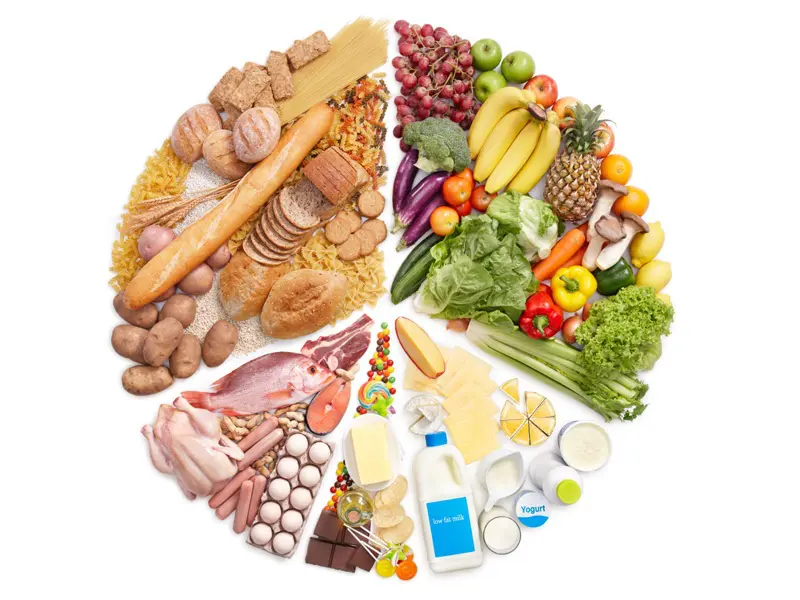Maintaining good health is an essential aspect of overall wellness. One of the primary ways to achieve this is through a nutritious diet. However, with the busy lifestyle that most people lead, it can be challenging to consume a balanced diet that provides all the necessary nutrients. That’s where supplements come in. These are products designed to supplement or augment one’s diet to provide nutrients that might be lacking. While there are numerous benefits to taking supplements, there are also drawbacks to consider.

Pros of Supplements in a Healthy Diet
Supplements provide the body with essential nutrients: One of the fundamental benefits of supplements is that they provide the body with nutrients that may be scarce in one’s diet. For instance, supplements contain vitamins, minerals, amino acids, and antioxidants that are crucial for maintaining good health. These nutrients play a crucial role in reducing the risk of chronic diseases such as heart disease, cancer, and stroke.
Supplements improve digestive health: A healthy digestive system is vital in ensuring the body absorbs all the nutrients it needs. Supplements such as prebiotics and probiotics help to improve gut health by promoting the growth of healthy bacteria in the intestines. These bacteria aid in the digestion and absorption of food, leading to better nutrient uptake.
Supplements are convenient: Taking supplements allows you to get all the nutrients you need without having to spend a lot of time preparing healthy meals. This makes supplements an ideal solution for individuals with busy schedules who do not have enough time to prepare wholesome meals.

Cons of Supplements in a Healthy Diet
Supplements may lead to adverse side effects: Some supplements can lead to adverse side effects that may be harmful to an individual’s health, especially if taken in large doses. For instance, taking too much vitamin C may lead to stomach cramps, diarrhea, and kidney stones.
Supplements are not a substitute for nutrients obtained from food: Even though supplements are a convenient way of getting essential nutrients, they should not replace the nutrients obtained from food. Whole foods contain other beneficial compounds such as fiber and other micronutrients that are not present in supplements.
Supplements may be expensive: Quality supplements can be expensive, and this may make them unaffordable for some individuals. Additionally, some people may not have access to high-quality supplements in their local area, limiting their ability to take advantage of their benefits.
Supplements can be an excellent way of complementing a healthy diet, providing the body with essential nutrients that may be lacking. However, like all products, supplements have their pros and cons, and individuals should weigh these factors before deciding to take them. It is crucial to consult a health professional before starting any supplement regimen to ensure that you are consuming the correct dosage and that the supplement is appropriate for your individual needs.

